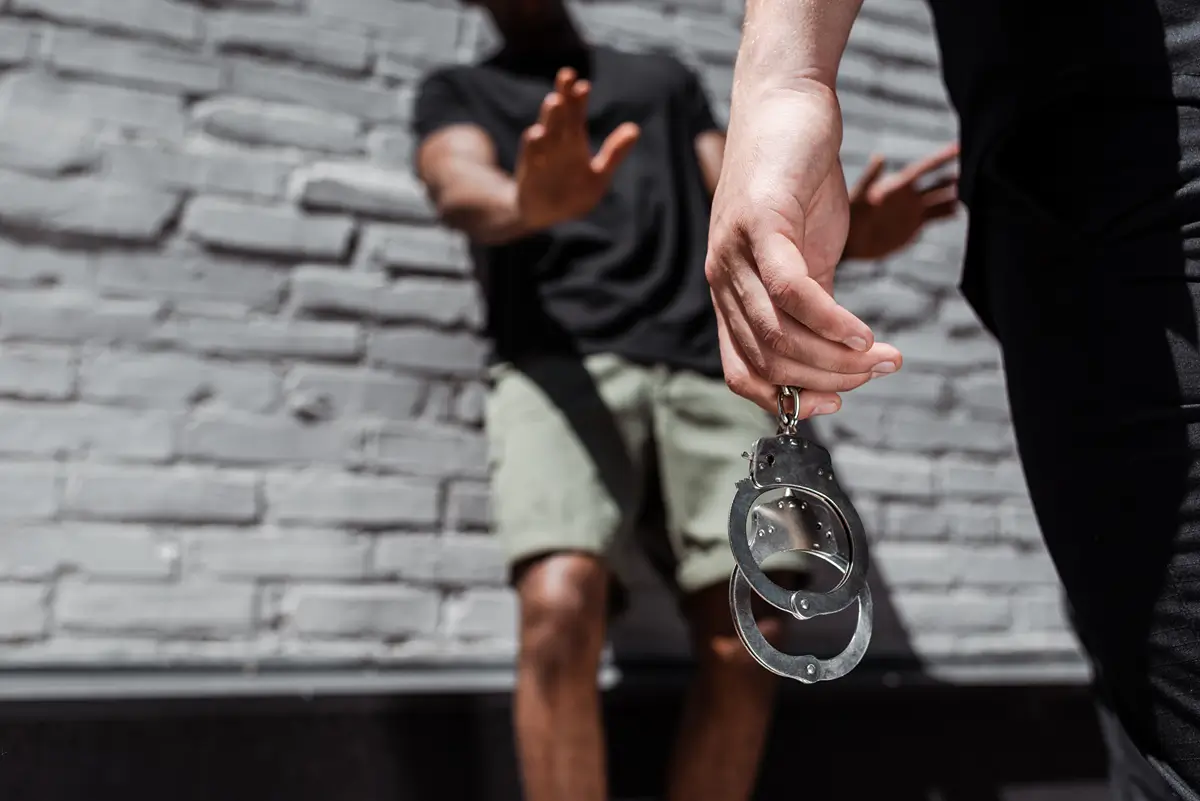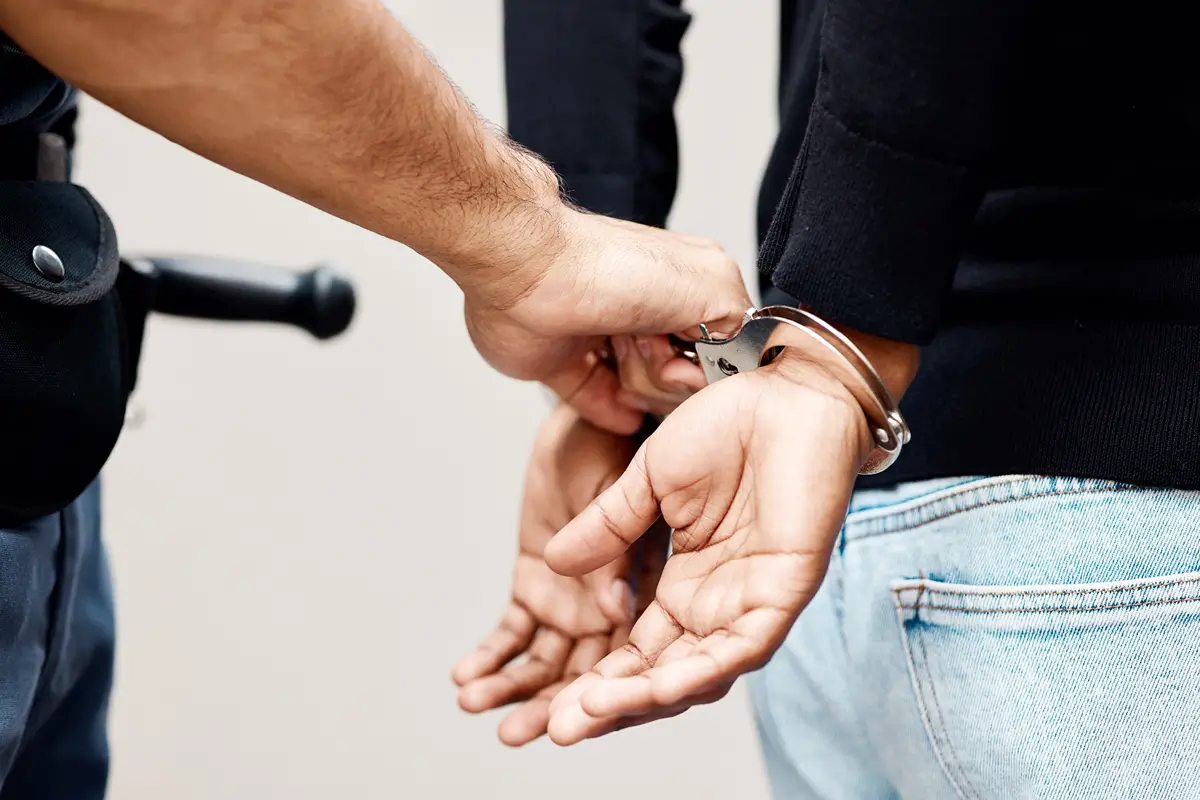Would you believe that in only 30 days, more video content is uploaded to YouTube, Facebook, TikTok, and other online destinations than major TV networks have produced in 30 years? It’s a staggering statistic. It also illustrates the sheer power of ordinary people using handheld devices to literally change the world we live in. The fates of many people, from arresting officers to alleged criminals, have turned on video evidence shot by a bystander holding an iPhone.
The widespread use of cell phones to capture what’s happening has also required law enforcement officers and legislators alike to grapple with questions surrounding privacy, permissions, and authenticity. Is cell phone footage admissible in a court of law? Can it be used to defend an innocent person charged with a crime? Keep reading to learn more about the legality of smartphone videos.
Is Cell Phone Video Admissible In Court?
First, before we consider videos that capture an arrest, is whether cell phone video of any type is admissible during a trial. Unfortunately, there are no clear-cut answers. In every instance, the response is, “it depends.”
Many of these variables concern the credibility and authenticity of the video. We’ve all seen grainy footage from a security camera or a poor-quality flip phone that’s purported to show a certain person committing a crime (or a Sasquatch skulking around a dark, wooded area). It can be impossible to make out clear details with any certainty.
Even if the video is as crisp and clear as any high-definition box office blockbuster, it still might not be admissible for other reasons.
Other Reasons Video Can’t Be Used
A judge might not allow the video as evidence if it’s difficult to determine where and when the footage was captured, if it was shot in a private environment, or if the source is unknown.
Moreover, a video that has been uploaded to a social media site (or anywhere on the internet) cannot be used as legal evidence. An attorney in this situation would need to track down the original footage, issuing a subpoena to get it, if necessary. That’s because it’s relatively easy to edit a video.
What About Footage of an Arrest?
Thanks to a man named Willie King, it is perfectly acceptable to film any interaction with police officers, including arrests. In 2016, King was doing just that in front of his home. Police asked him to stop and hand over his phone; when he refused, an officer tackled him. He was then arrested, and his phone confiscated.
King filed a civil rights lawsuit against the IMPD, which was settled out of court, and received $200,000 in damages. Additionally, the department issued a policy prohibiting officers from taking civilian phones that are being used to record police interactions.
A New Era of Oversight
It’s safe to say that this policy, along with similar ones across the country, has made a tremendous difference in the outcome of many arrests. Video footage greatly increases the odds of police officers being held accountable for their actions. Even if that video doesn’t end up as evidence in a court of law, the court of public opinion is certain to view it online.
The ACLU has even developed an app to help people record and report police interactions, called Mobile Justice.
Have you been arrested? If there is footage of your arrest that you feel might serve your defense well, contact Razumich & Associates. We can evaluate the video, learn the facts of the arrest, and help you determine a path forward. Call us at (317) 449-8661.






